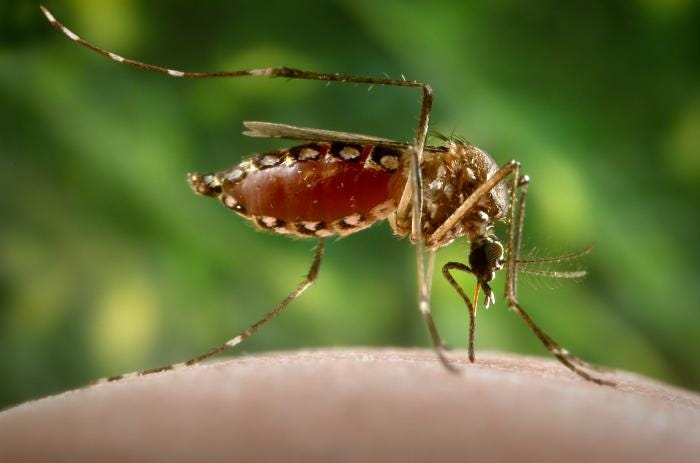The Philippine Department of Health (DOH) has reported a staggering 73% rise in dengue cases during the first quarter of 2025, as the mosquito-borne disease spreads rapidly across multiple regions. According to the World Health Organization (WHO), nearly a million suspected cases have been recorded globally, with the outbreak affecting 48 countries across Africa, the Americas, Southeast Asia, and the Western Pacific.
National data from the Philippines shows that between January 1 and March 1, a total of 62,313 cases of dengue were reported. While the country’s case fatality rate has declined to 0.35%—down from 0.42% last year—the rapid surge in infections remains a major public health concern.
Rising Cases and Hospital Admissions
San Lazaro Hospital in Manila, a key DOH-run facility, recorded 453 dengue admissions between January and February, including a one-year-old boy among the youngest patients.
Dr. Albert Domingo, Assistant Secretary of the DOH, described the sharp increase as “unprecedented”, expressing concern over the unexpected rise in cases.
“People refer to it as a climate crisis; we see it as a shift in climate. Numerous studies show that the behavior, breeding patterns, and fertility of the mosquito vectors that transmit dengue are all influenced by environmental changes,” Dr. Domingo explained, pointing to climate change as a major factor in the outbreak.
Global Impact and Rising Fatalities
The European Centre for Disease Control (ECDC) reports that dengue has already led to 159 fatalities worldwide this year. With continued outbreaks in multiple regions, health authorities are intensifying efforts to control mosquito populations and raise public awareness.
In the Philippines, health officials are urging communities to take preventive measures, including eliminating stagnant water, using mosquito repellents, and seeking medical attention at the first sign of symptoms.
As the country battles one of its worst dengue outbreaks in years, experts warn that climate-driven changes in mosquito behavior could make such surges more frequent in the future.



